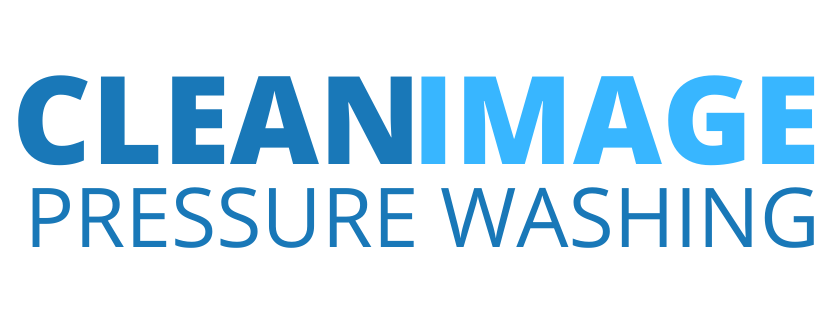Concrete Cleaning Tips
A wide variety of cleaners are available for cleaning concrete surfaces. Before using a cleaner, determine what type of sealer — if any — was used on the concrete. Acrylic sealers protect the concrete from water damage and deicing chemicals but can be damaged by acidic cleaners like hydrochloric acid. A great post ahead.
Debris Removal
Concrete is a very durable material but its durability can also make it tough to clean. Whether the concrete is indoors or outdoors, proper cleaning requires background knowledge of how to select and use cleaners, supplies, and elbow grease.
Begin by sweeping unsealed concrete surfaces, using a stiff broom to remove loose dirt, plant debris, and grit. This helps prevent dirt and grime from being re-grounded into the surface during mopping. Choose a mild day to work outdoors, as harsh sunlight can speed drying times and potentially burn or damage the concrete.
Use a commercial polished concrete cleaner or a basic pH chemical like sodium hypochlorite to treat most stains. For severe stains, muriatic acid can provide ultra-bright white concrete and eliminate oil, rust, algae, and paint splatter with one application. Be sure to take necessary precautions when handling corrosive chemicals, such as wearing rubber gloves and safety goggles. Corral outdoor pets and cover nearby plants with towels or plastic sheets to keep them from being harmed by cleaners.
Stain Removal
Concrete is made of natural materials like water, sand, and cement, so it naturally absorbs things that stain it, such as oil in a driveway or grill grease on a patio. When it comes to cleaning concrete, a good rule of thumb is to use different solvents for each kind of stain to avoid mixing chemicals that could create toxic fumes and cause health problems. When using solvents, be sure to open windows and doors to reduce the amount of vapors that enter your home, and wear a particulate respirator mask if you suffer from asthma.
For most common stains, an alkaline detergent with bleaching action usually works well. For example, SF Gate recommends mixing liquid laundry detergent and bleach with water to scrub grease and mildew from concrete. If your concrete has serious grease stains, try a product such as Terminator-HSD, which breaks down oil and penetrates into concrete to help break up the stain. For severe stains, muriatic acid or trisodium phosphate (TSP) may be necessary, but these must be used with caution, requiring safety goggles and a respirator.
Tire Marks Removal
Concrete that’s been stained by tire marks and other scuffs can usually be cleaned using the same basic methods as other concrete stains. Regularly cleaning and sealing your driveway or parking lot can help prevent these stains from getting too deep, but for tough ones, you’ll need something more powerful than dish soap or a garden hose.
Splash plain water on the stains and allow it to sit for 2-5 minutes, then scrub with a deck brush or similar stiff-bristled surface cleaner. You may need to re-splash the water on the stain several times as you scrub, but be sure to rinse thoroughly afterward.
If the simple water and scrub process doesn’t work, try a concrete degreaser. Most products will require a different application process, but you typically want to spray it generously over the scuffs and let it sit for a minute or two (depending on the product). Then gently scrub the area with a bristle brush, re-applying degreaser as needed to keep the concrete wet. Rinse, flush, and if possible, pressure wash the surface to remove any remaining degreaser or residue.
Sealing
When a concrete surface is cleaned, it’s important to seal it. Properly sealing your concrete prevents moisture, chemicals, and stains from damaging it and allows it to last longer.
A penetrating concrete sealer like CC501 can protect your concrete from damage and keep it looking great. It’s ideal for industrial and commercial floors, garage floors, automotive shop floors, warehouse floors, and even patios and porches.
It’s also a good idea to corral outdoor pets and cover any grass or plants before applying any cleaner. Muriatic acid can be very toxic and may kill vegetation, so use it with extreme caution. Wear heavy-duty protective clothing, safety goggles, and a respirator to prevent contact and inhalation of fumes.
CC501 is a penetrating concrete sealer that was originally developed for industrial and commercial floors. It’s now available for residential use so homeowners, small contractors, and do-it-yourselfers can reap the benefits of a professional-grade product. It enhances the color of concrete, provides protection against stains and contaminants, and makes it easier to clean. Check out this interesting post!

